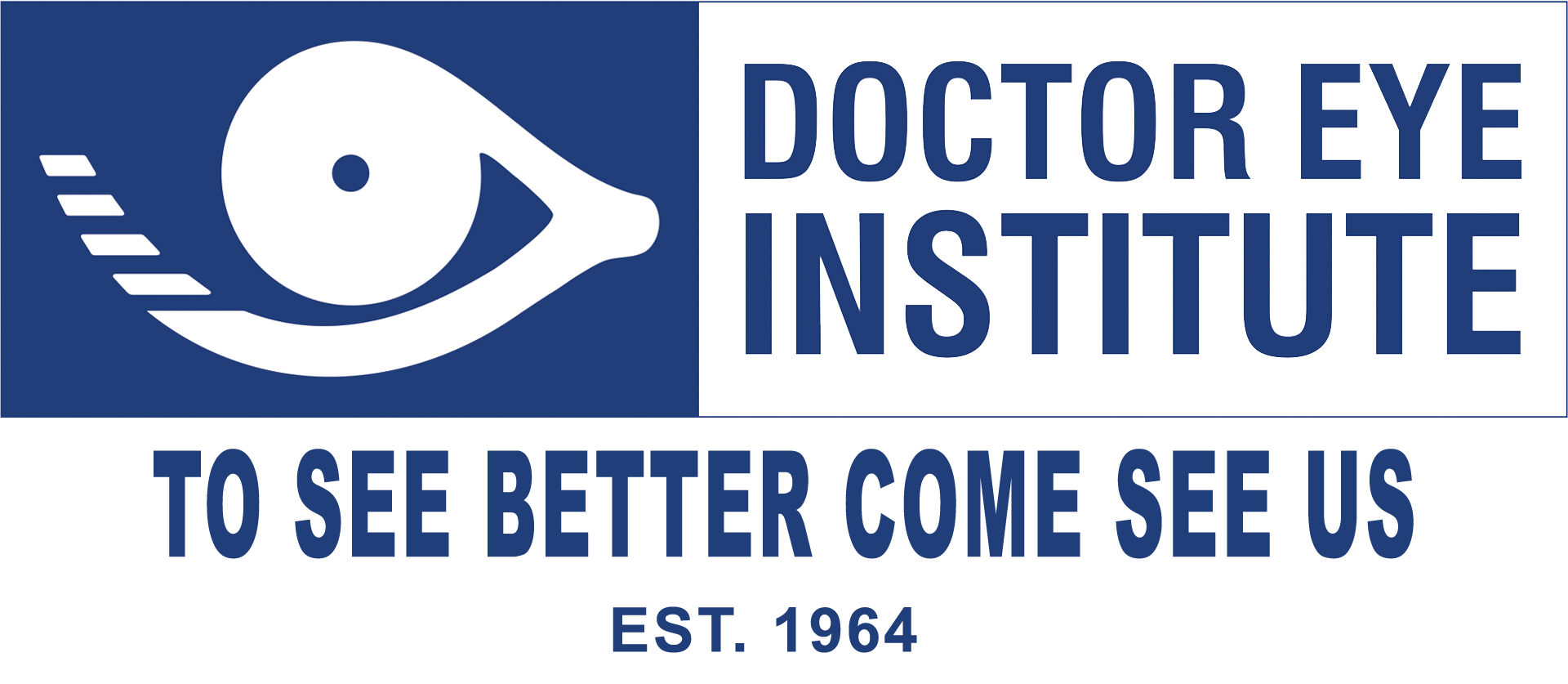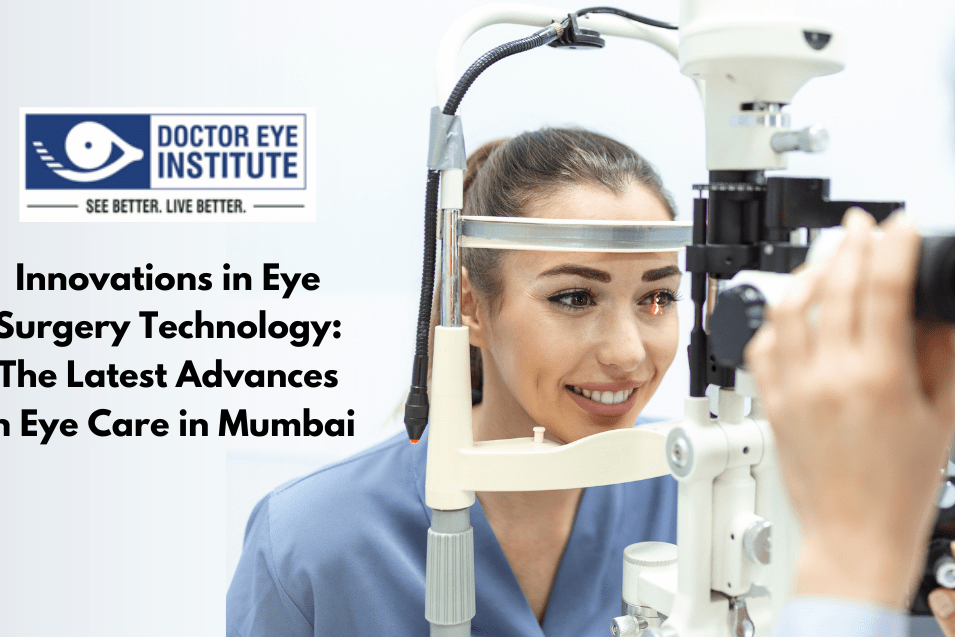Innovations in Eye Surgery Technology
When it comes to eye care, Mumbai has been at the forefront of embracing the latest innovations in medical technology. In recent years, there have been remarkable developments in eye surgery technology that have transformed the way eye conditions are diagnosed and treated. This blog will delve into the cutting-edge advancements in eye surgery technology and how they are enhancing patient outcomes in Mumbai.
Benefits of New Eye Surgery Technologies:
1. Precision and Customization:
One of the most significant advantages of the latest eye surgery technologies is the precision and customization they offer. Procedures like LASIK (Laser-Assisted In Situ Keratomileusis) have become more accurate than ever before. Surgeons can now create personalized treatment plans tailored to each patient’s unique eye characteristics. This ensures better visual outcomes and minimizes the risk of complications.
2. Faster Recovery:
Modern eye surgery technologies often result in faster recovery times for patients. Procedures that once required extended hospital stays can now be performed on an outpatient basis, allowing individuals to return to their daily lives more quickly. Reduced recovery times also mean less disruption to patients’ schedules and a quicker return to optimal vision.
3. Minimized Discomfort:
Innovations in anesthesia and surgical techniques have led to minimized discomfort during and after eye surgery. Patients experience less pain and discomfort, making the overall surgical experience more tolerable. This has been a game-changer for individuals who may have been hesitant to undergo eye surgery due to fear of pain.
Improved Accuracy and Safety with New Eye Surgery Technologies:
1. Advanced Imaging Technologies:
New eye surgery technologies are often accompanied by advanced imaging systems. High-resolution scans and 3D imaging allow surgeons to have a more detailed view of the eye’s structure. This improved visualization enables precise planning and execution of surgeries, reducing the risk of complications.
2. Enhanced Safety Measures:
Safety is a top priority in eye surgery, and recent innovations have introduced additional safety measures. For instance, femtosecond laser technology has made creating corneal flaps during LASIK procedures more secure, reducing the chances of complications. Surgeons can also monitor vital signs in real time during surgery, ensuring patient safety throughout the procedure.
The Future of Eye Surgery Technology:
The pace of innovation in eye surgery technology shows no signs of slowing down. Some exciting developments on the horizon include:
1. Artificial Intelligence (AI) Integration:
AI is poised to play a significant role in eye surgery. Machine learning algorithms can assist surgeons in real time by analyzing data from surgical instruments and offering insights to improve decision-making. AI-powered diagnostics may also help detect eye conditions earlier, leading to more effective treatment.
2. Robotic-Assisted Surgery:
Robotic-assisted surgery systems are being developed to enhance the precision and stability of eye surgeries. These systems can compensate for tiny hand tremors and provide surgeons with even greater control, particularly in delicate procedures like retinal surgery.
The Importance of Keeping Up with the Latest Advances:
For eye care professionals and patients, staying informed about the latest advances in eye surgery technology is crucial. By doing so, we professionals can provide the best possible care to their patients, and patients can make informed decisions about their treatment options.
Regularly attending conferences and seminars, reading medical journals, and collaborating with peers help eye care professionals stay updated on the latest technologies. Patients can benefit from researching their eye conditions and treatment options, as well as consulting with knowledgeable and forward-thinking eye surgeons.
Better Outcomes for Patients with Innovations in Eye Surgery Technology:
In Mumbai, as in many other parts of the world, the field of eye surgery has seen remarkable advancements in technology. These innovations are improving patient outcomes by providing greater precision, faster recovery times, and enhanced safety measures. As technology continues to evolve, the future of eye surgery promises even more exciting developments that will further benefit patients seeking better vision and eye health.
We can look forward to a future where eye conditions are treated with greater efficacy, comfort, and safety, ultimately enhancing the quality of life for countless individuals.









